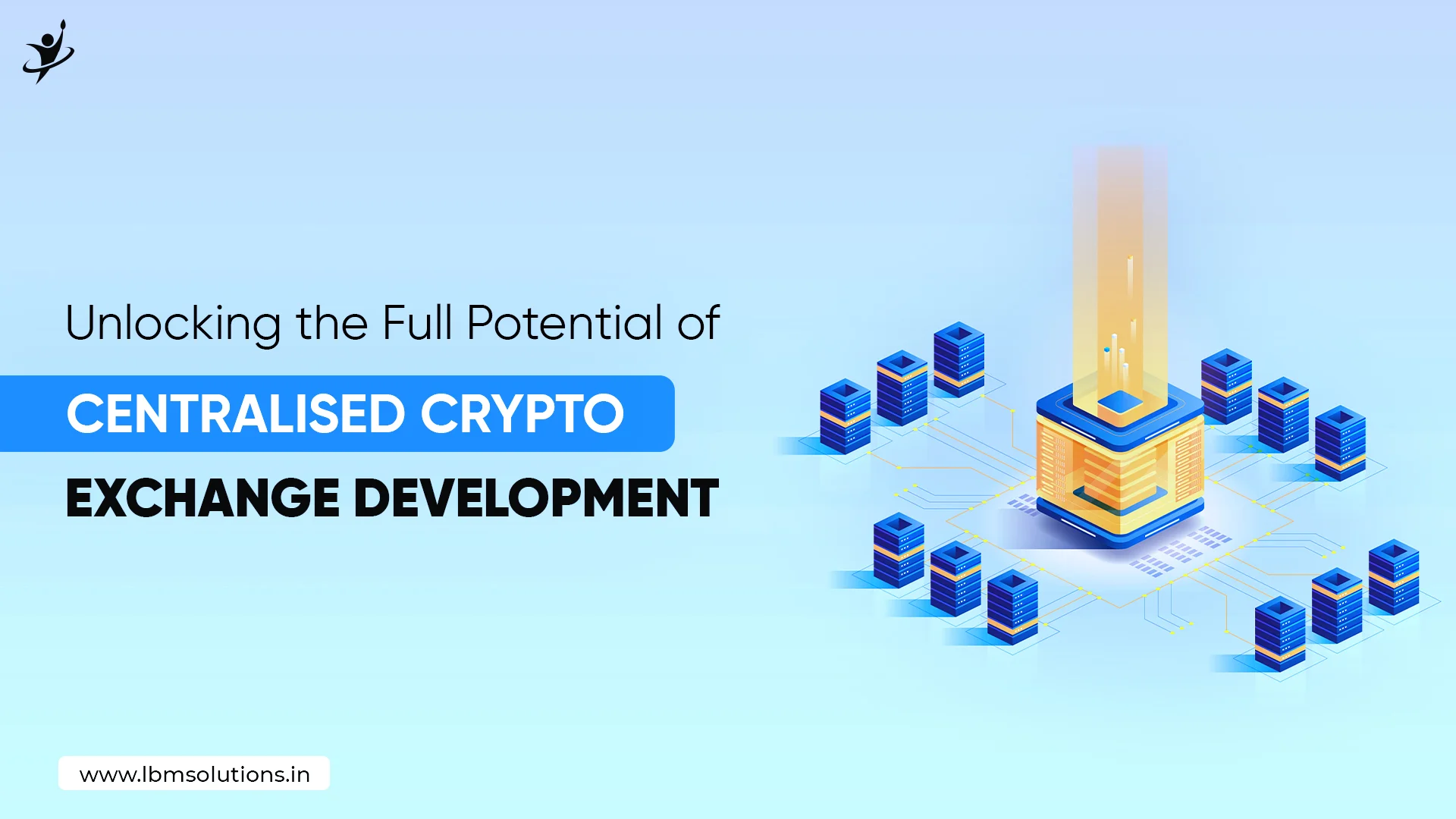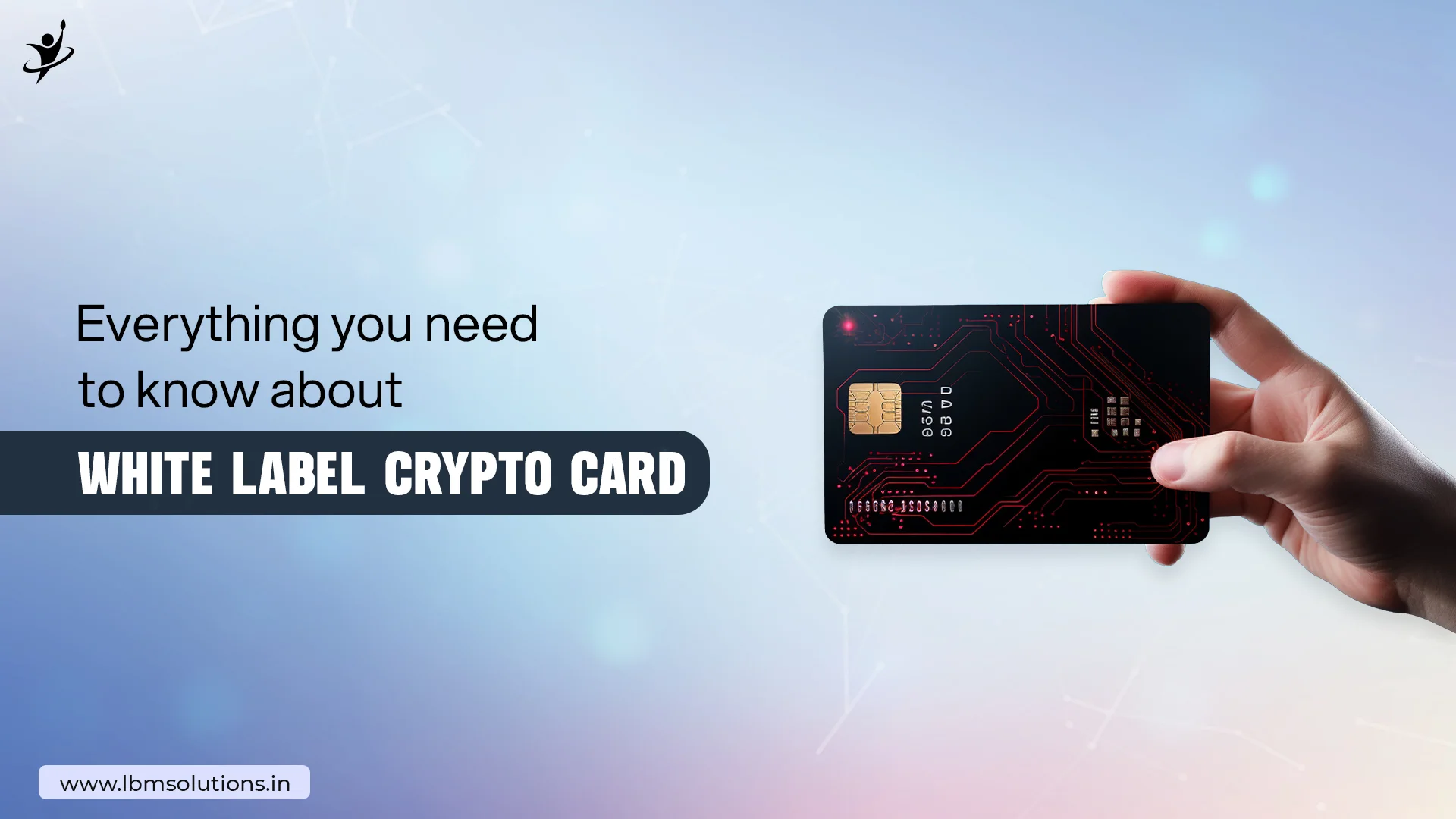In a world where digital transactions were fraught with inefficiencies and security risks, a revolutionary technology emerged: blockchain. At first, many were skeptical of the new technology, but over time its potential became increasingly apparent.
One of the first industries to recognize the potential of blockchain was finance. Banks and financial institutions began exploring how blockchain could be used to streamline transactions, reduce costs, and improve security. Soon, major players in the financial world were investing heavily in blockchain technology.
As the benefits of blockchain development became more widely recognized, other industries began to take notice. Retailers saw how blockchain could be used to improve supply chain management and reduce fraud, while healthcare providers realized that blockchain could be used to securely store patient data and improve interoperability.
But not just large corporations were using blockchain. Blockchain technology was becoming increasingly widely used by people from all walks of life to complete transactions more quickly, cheaply, and securely. Smart contracts allowed parties to automatically execute agreements without the need for lawyers or middlemen, while cryptocurrencies like Bitcoin and Ethereum allowed people to transact without the use of an intermediary.
As blockchain technology developed, it became increasingly obvious that it might completely alter how we conduct online transactions. Now, with lower fees and higher security, transactions that used to take days to complete may be finished in a matter of minutes. Blockchain was becoming increasingly clear to both businesses and individuals as the future of digital commerce.
Of course, challenges remained to be overcome. There were worries about regulation, security, and scalability, as there are with any new technology. But as blockchain grew in popularity, these problems were progressively solved.
In the end, it was clear that blockchain truly revolutionized digital transactions. What was once a slow, expensive, and risky process was now fast, cheap, and secure. As people around the world continued to embrace blockchain technology, it seemed that the possibilities for innovation and growth were endless.











